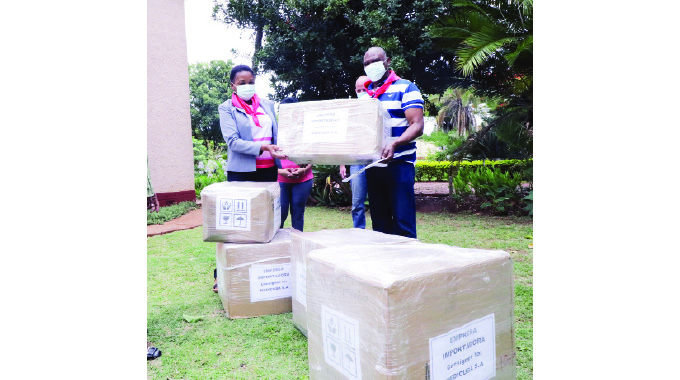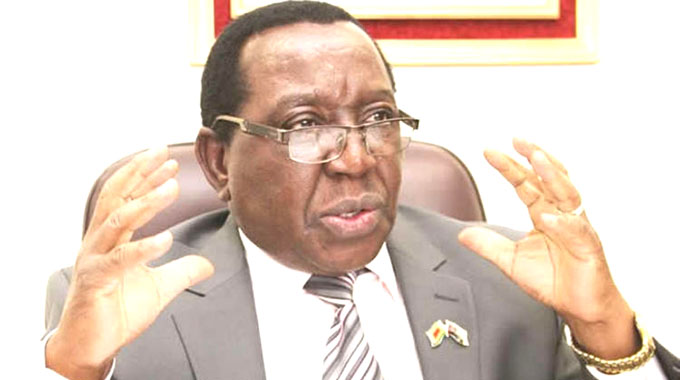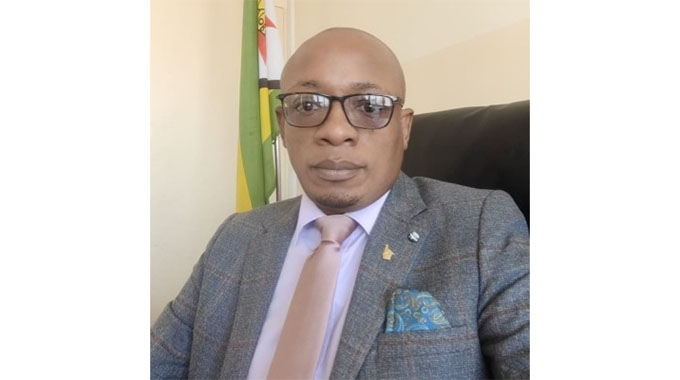Cuba re-opens borders

Rumbidzayi Zinyuke-Senior Health Reporter
The Carribean Island of Cuba will today re-open its borders to international tourists, after close to two years of travel restrictions due to Covid-19.
The development comes after a successful home-grown vaccine roll-out that has seen more than 70 percent of the country’s 11 million people being fully vaccinated.
More than 90 percent got at least one dose each.
In an interview, Cuban Ambassador to Zimbabwe Carmelina Ramirez Rodriguez said the country had managed to significantly reduce the Covid-19 infection rates, which surged between July and September this year.
“We are re-opening Cuba for international tourism,” she said. “We are getting back to the new normal. In the past two years, we have faced a difficult situation, the worst of which was between July and September when we were recording almost 10 000 new Covid-19 cases per day and between 90-98 deaths daily, coupled with the increase of sanctions on the country by the US government.
“During the period in question, more than 60 sanctions have been imposed, making the US blockade against Cuba more extra-territorial and genocidal.”
Ambassador Rodriguez said the challenge of opening the borders and accepting the arrival of citizens and tourists, which would coincide with the possibility of celebrating the end of the year and the anniversary of the triumph of the Revolution, meant Cuba had to act responsibly so as not to reverse the gains made.
To date, Cuba has recorded 958 000 Covid-19 infections and 8 200 deaths.
Cuba developed three vaccines: Soberana 02, Soberana Plus, and Abdala which have been used in the vaccination campaign covering citizens from the age of two.
Despite the progress, opposition groups had called for a protest March which was supposed to have been held today, but the authorities denied permission.
“Our campaign was not going to be faster because we started late in April as we were coming up with our own vaccines since we knew nobody would sell to us because they would be blocked by the US,” said Ambassador Rodriguez.
“We also needed to find syringes to start the vaccinations. There has been very little vaccine hesitancy because the people of Cuba are accustomed to vaccines. We have vaccines against diseases like cancer and diabetes, so the Covid vaccine was nothing new for us so once we started we moved fast.
“We are proud of the efforts that our scientists, our doctors and all health sector personnel have made during this difficult time.
We prioritised saving lives, but now we need to open to international tourism because it is the engine of our economy.”
Ambassador Rodriguez said the Cuban vaccines had an efficacy rate of 92 percent and countries like Iran, Venezuela and Mexico were already using them with good results, while Germany had started investigations into using them.
The vaccines have been presented to the World Health Organisation.
Ambassador Rodriguez noted that the Cuban quest to provide the best for its citizens in terms of health had been made possible by the solidarity displayed by the international community, Zimbabwe included.
“We have received a lot of solidarity since 2020 in the worst moment of the Covid 19 pandemic, the international community has mobilised in favour of Cuba, collecting medicines and PPEs and sending them to Cuba,” she said.
“Zimbabwe’s Friends of Cuba collected various items including masks, thermometers, PPEs and medicines and this consignment will be shipped to Cuba soon.”
Ambassador Rodriguez commended Zimbabwe’s success in maintaining low numbers of Covid-19 infections and deaths, as well as the progress made with the vaccine roll-out.
She said although uptake of vaccines had slowed down slightly, the Zimbabwean Government and its partners had done a tremendous job of raising awareness of the vaccines and also ensuring availability of jabs.
“The issue of vaccination needed resources and the will of the population,” said Ambassdor Rodriguez. “The country has done well in raising awareness of vaccines; this is the only way to counter the disease. As long as we continue to raise awareness, Zimbabwe will have better results of the vaccination programme.”









Comments